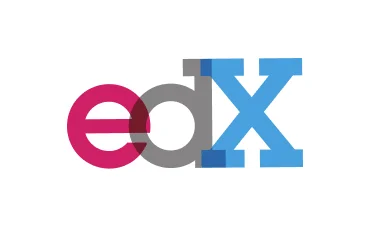When you enroll through our links, we may earn a small commission—at no extra cost to you. This helps keep our platform free and inspires us to add more value.

EPFLx: Neuroscience Reconstructed: Genetics and Development
This course will cover the basic concepts in neurogenetics; introduce the fields of genomics, transcriptomics, translatomics; classical and cutting-edge experimental approaches; and how integrative simulation can be used to derive biological meaning from genetics data and build bridges from genetics all the way to behaviour.

This Course Includes
 edx
edx 4.8 (5 reviews )
4.8 (5 reviews ) 9 weeks at 3-5 hours per week
9 weeks at 3-5 hours per week english
english Online - Self Paced
Online - Self Paced course
course EPFLx
EPFLx
About EPFLx: Neuroscience Reconstructed: Genetics and Development
Modern neuroscience is multidisciplinary and collaborative. We need to integrate knowledge of experimental and theoretical approaches to neuroscience, and look at the brain and brain function from different perspectives: for example, genes can partially explain differences in reading ability, but there is no single gene that makes someone a good or a poor reader. And genes can be turned on and off by external factors such as someone’s diet or a virus infection. So to understand something as complex as reading ability, we need to stitch together knowledge about the role of genes, proteins, cells, and large networks of cells.
In this course on Genetics and Brain Development, we will focus on the principles of neurogenetics and brain development and we will introduce you to the fields of genomics, transcriptomics, epigenomics and their applications.
What You Will Learn?
- You will learn from top scientists, specialised in each field, and have access to research databases and learning resources such as brain atlases and brain modeling tools. We aim to show you how these new tools can help integrate the vast amounts of neuroscience data available to innovate medical technologies and therapies. And we will teach you how to use these tools for your own research and understanding..